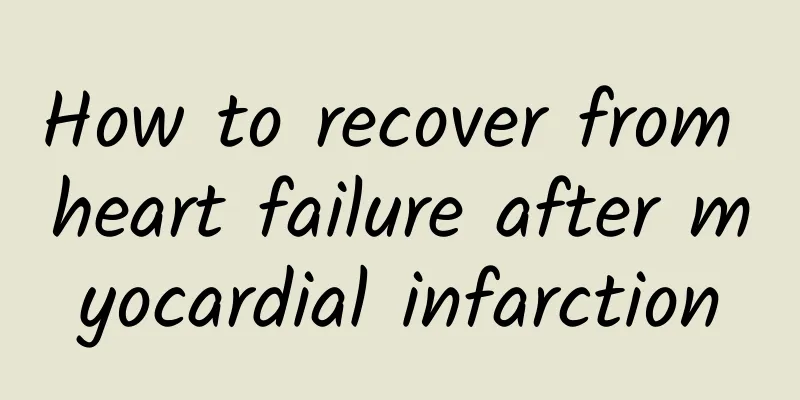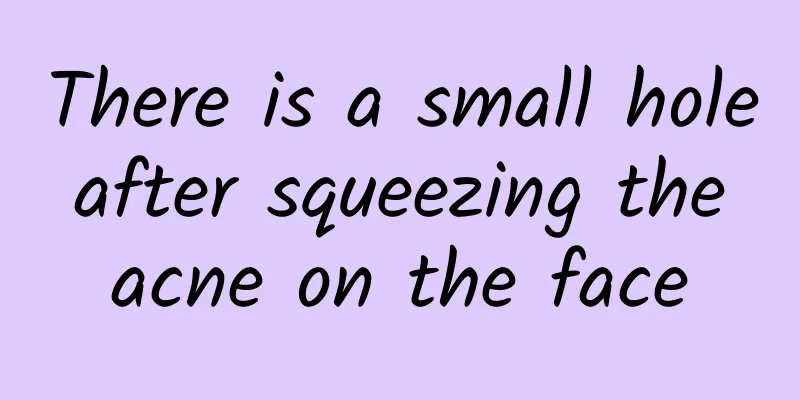How long does it take for alcohol withdrawal syndrome to disappear?

|
Many alcoholics will eventually quit drinking. After all, long-term alcoholism will cause some problems and may even endanger our lives. Some people who quit drinking will also experience many complications and side effects during the period of abstinence. This situation can be called alcohol withdrawal syndrome. This syndrome is generally unbearable, but it exists for a certain time limit. So how long will it take for alcohol withdrawal syndrome to disappear? Alcohol withdrawal syndrome is a series of typical symptoms that alcohol-dependent patients develop within 6-24 hours after their last drinking. It usually occurs in patients who are forced to abstain from alcohol because of other medical conditions or who voluntarily give up drinking because of other alcohol-related diseases. It is very common in Western countries. According to a survey: 14% of Americans have a history of alcohol abuse or alcohol dependence, and half of them suffer from symptoms of alcohol withdrawal syndrome. In most cases, alcohol withdrawal symptoms do not require drug treatment, and the symptoms will disappear naturally within 2-7 days after stopping drinking. However, for severe patients, appropriate drug treatment is needed, and they need to quit drinking under the supervision of a doctor. Treatment of alcohol-induced mental disorders is generally divided into supervised treatment and drug treatment. Supervised treatment mainly includes: 1. Out-of-hospital supervision: Many moderate AWS patients can quit drinking at home safely, successfully and economically. Abroad, there is usually a circulating nurse to supervise the patient, dispense some sedatives, and seek guidance from a doctor when necessary. In China, you can go to the hospital regularly for treatment. 2. Supervision within drug rehabilitation centers and supervision in hospitals for alcohol withdrawal: mainly for those with severe AWS symptoms, those who have failed to quit drinking outside the hospital, those who live with other severe alcoholics, and a small number of patients with delirium and epileptic seizures. The treatment of alcohol-induced mental disorders must first overcome the patient's "denial" and obtain the patient's cooperation. Secondly, it is necessary to actively treat the primary disease and comorbidities, such as personality disorders, anxiety disorders, depressive disorders, schizophrenia-like symptoms, etc. It is also necessary to pay attention to strengthening the patient's nutrition and supplementing the body's required proteins, vitamins, minerals, fatty acids and other substances. When hospitalized for alcohol withdrawal treatment, all sources of alcohol must be eliminated to ensure successful withdrawal. |
<<: Alcohol withdrawal syndrome drug of choice
>>: Treatment of alcohol dependence syndrome
Recommend
Can I test for pregnancy on the seventh day of delayed menstruation?
Menstruation is a normal physiological reaction t...
Moisturize the lungs and clear heat, three recipes are effective in reducing heat
In the autumn season, people pay great attention ...
What to do if you have scars on your arms
Scars are very unsightly, but most of them can be...
How to relieve stomach cramps?
Gastric spasm is a very common stomach disease in...
What is the normal progesterone level at 9 weeks of pregnancy?
After nine weeks of pregnancy, the normal value o...
Treatment of lumbar disc herniation with thick needle
Because lumbar disc herniation is a serious condi...
What should women eat to replenish qi and blood
Many women suffer from insufficient qi and blood, ...
Can pregnant women drink oolong tea?
Pregnant women need to pay attention to many aspe...
Does uterine cyst need treatment?
Most women will feel fear when talking about gyne...
Bilateral interstitial inflammation of the lungs
Patients with bilateral interstitial inflammation...
How to eat black beans to promote ovulation
Black beans can promote the secretion of progeste...
How long does it take to recover from minimally invasive hernia surgery in children?
Hernia in children is a relatively common disease...
Is it toxic to boil Chinese medicine in a stainless steel pot?
As we all know, it is best to use ceramic pots an...
Skin growth after hemorrhoid surgery
Hemorrhoid surgery is a relatively common surgery...
Is dwarfism inherited from one generation to the next?
Walking on the street, we will find that some peo...









